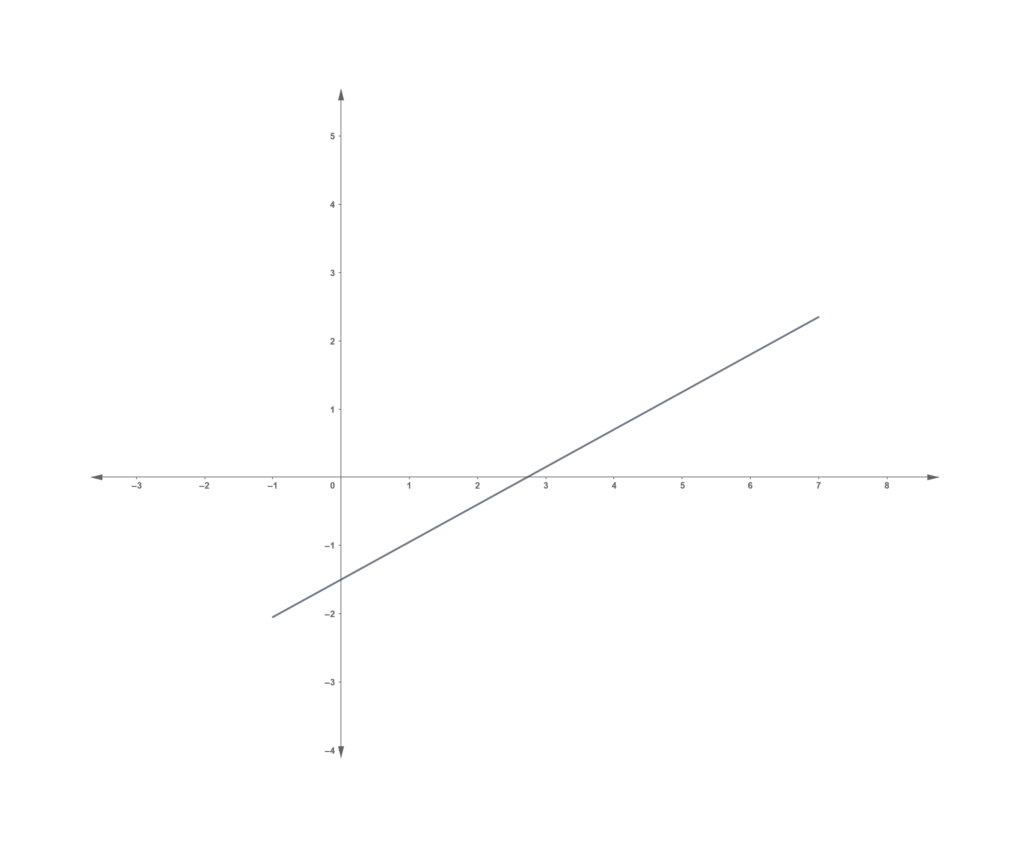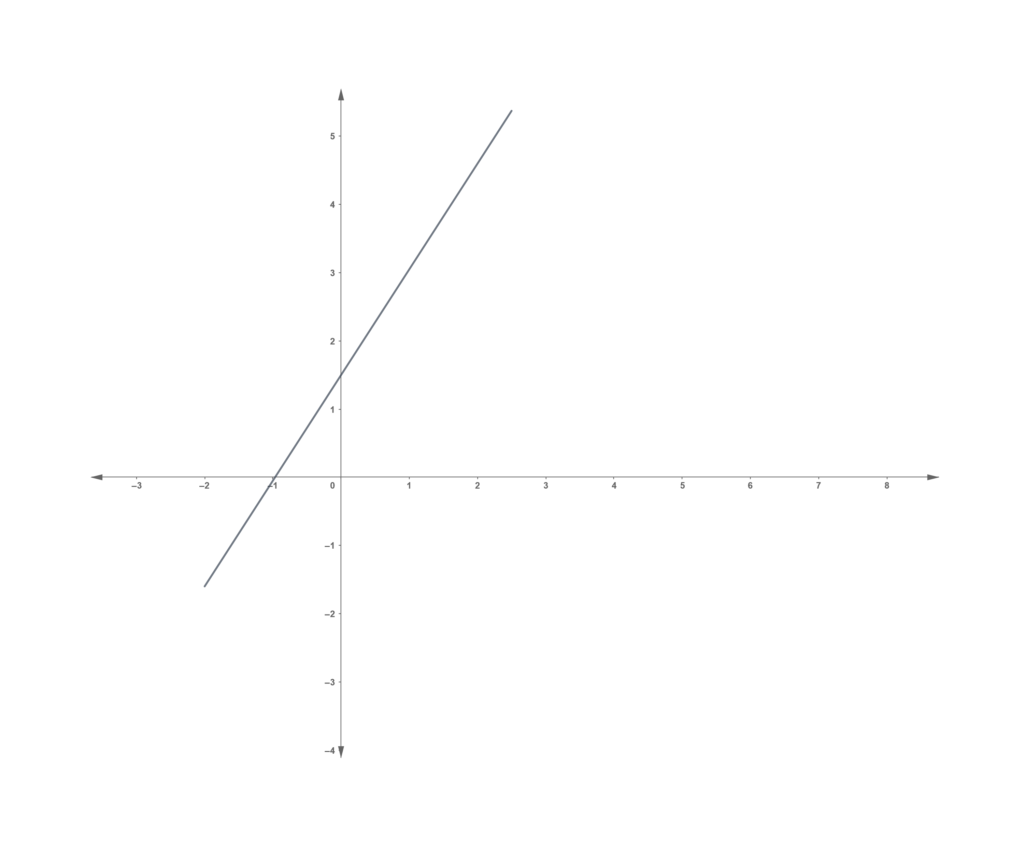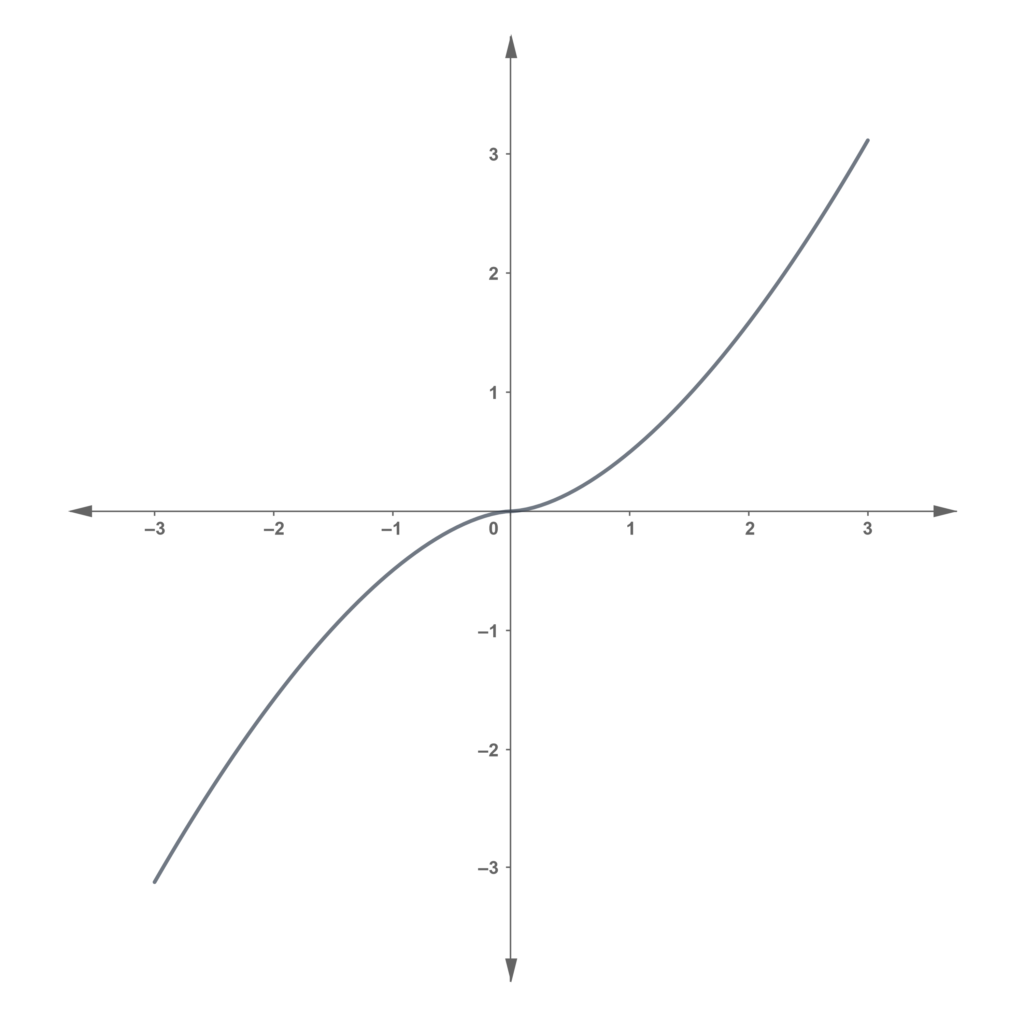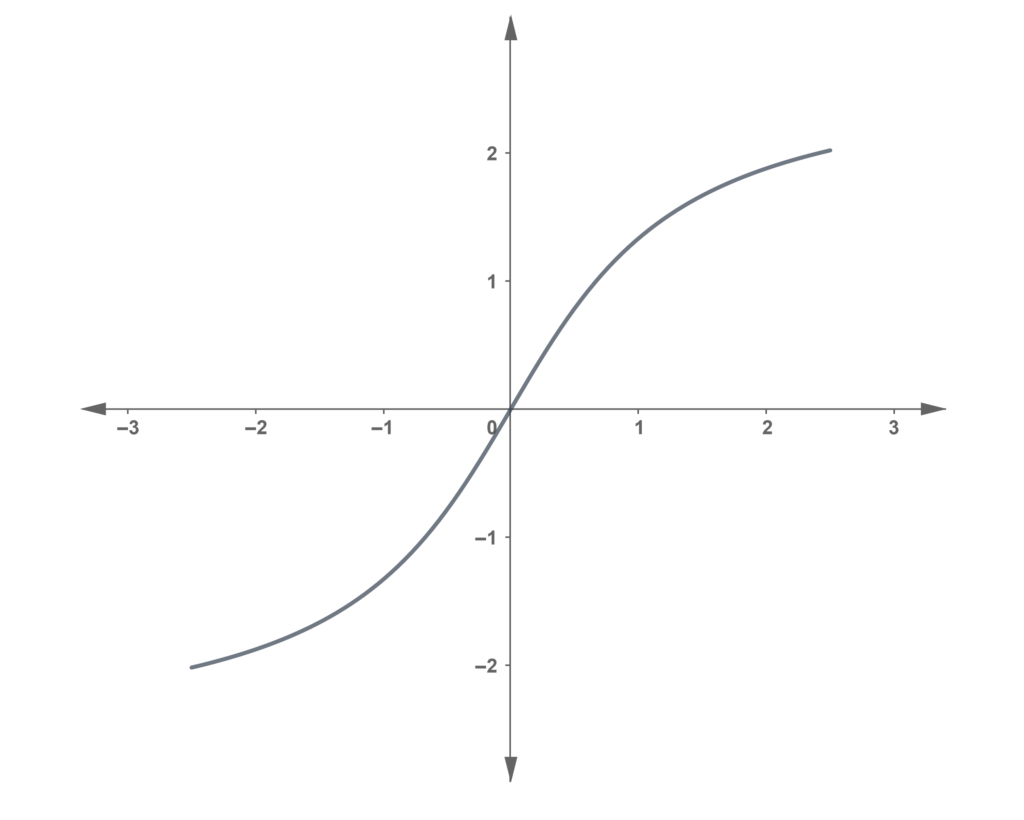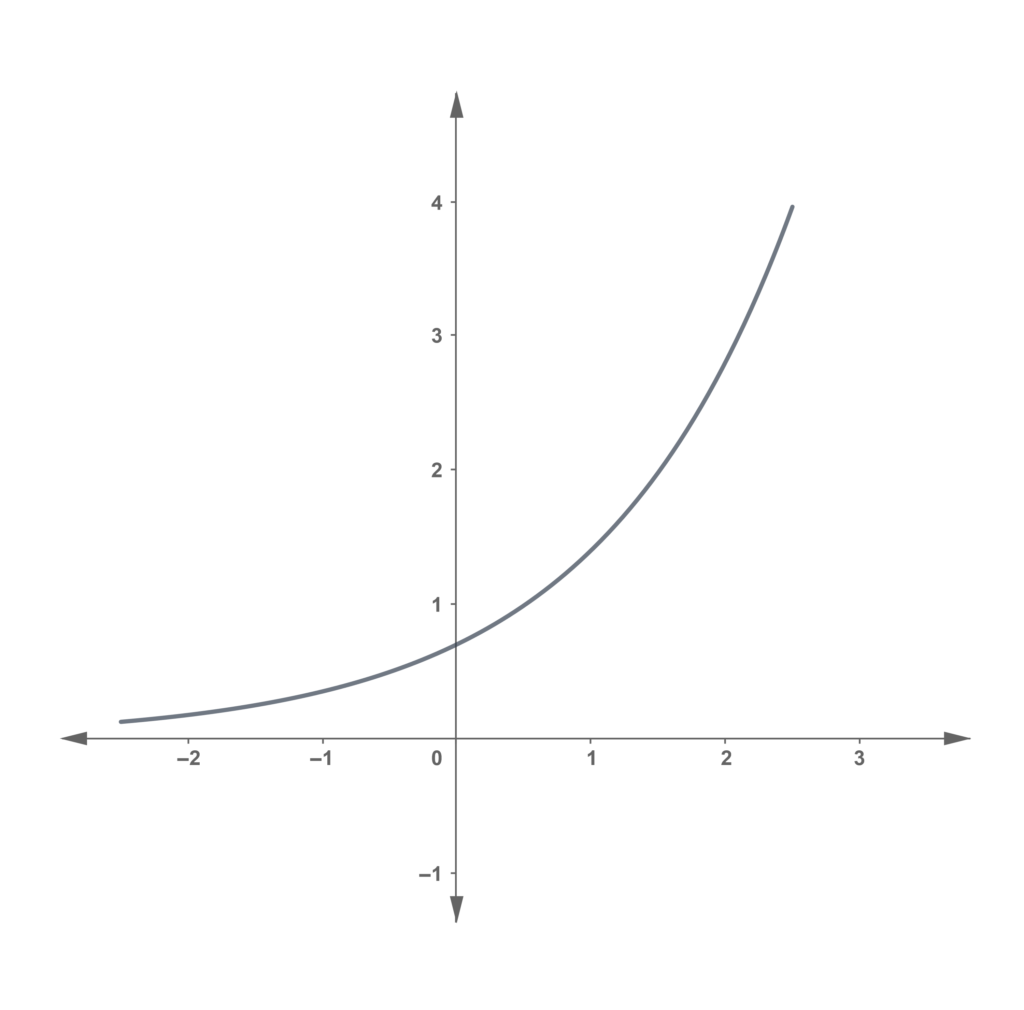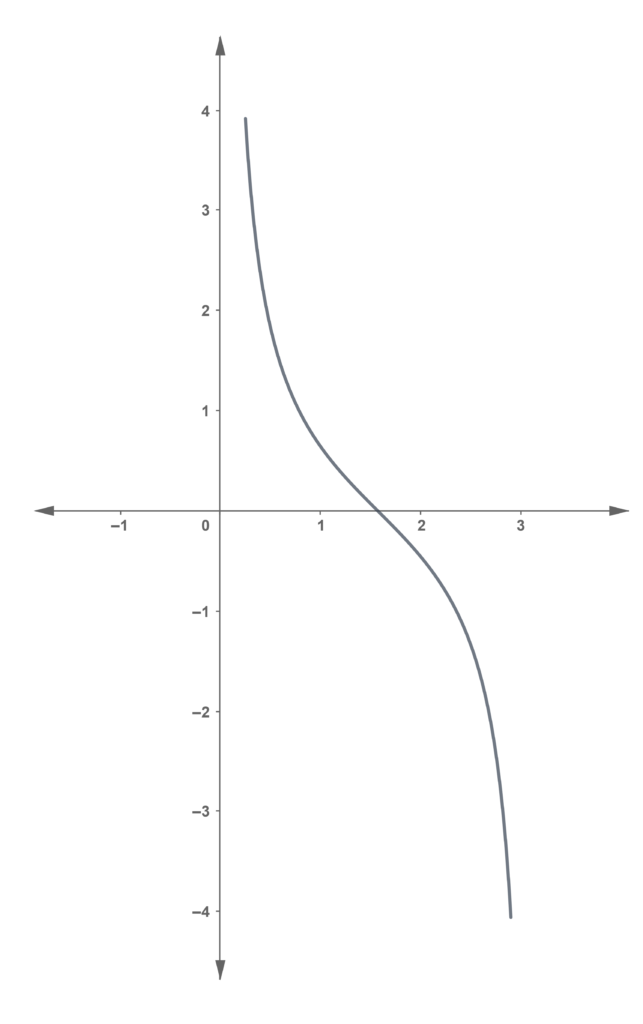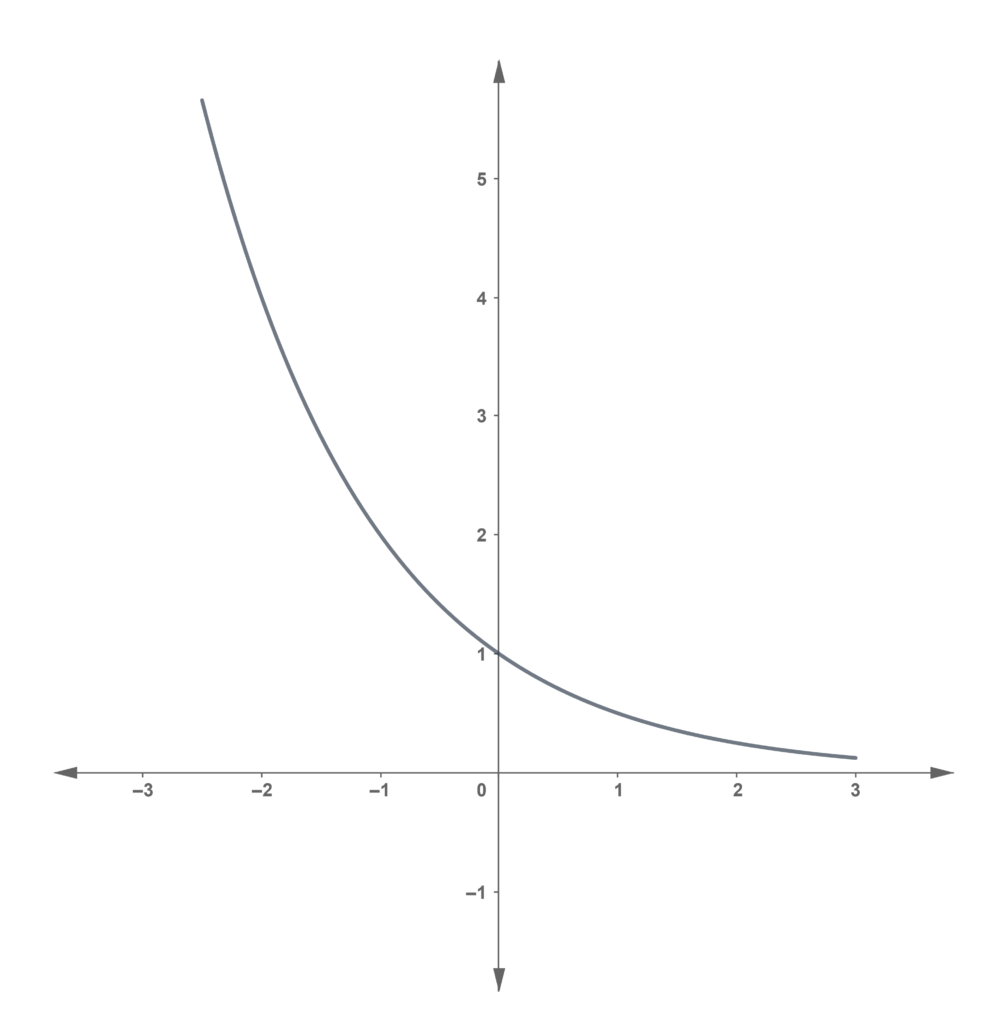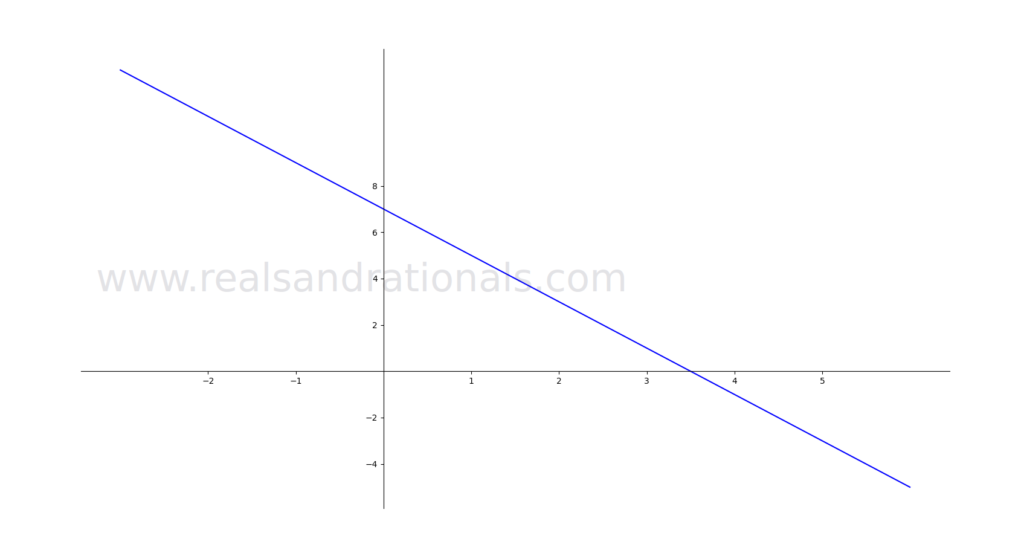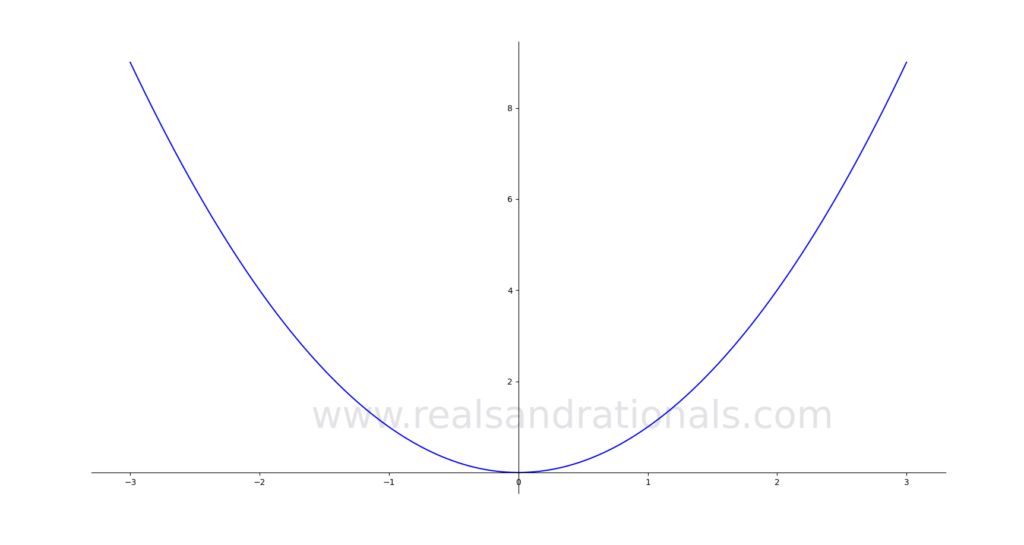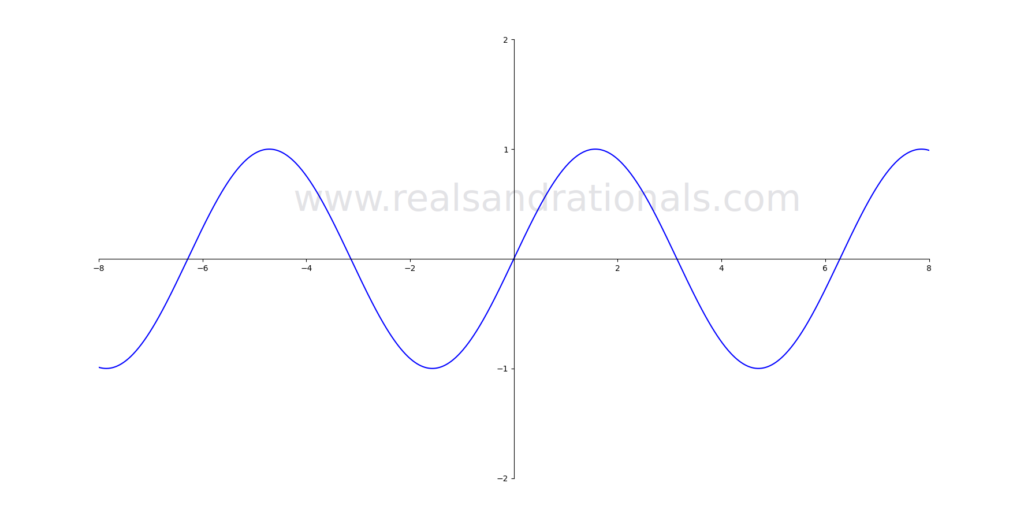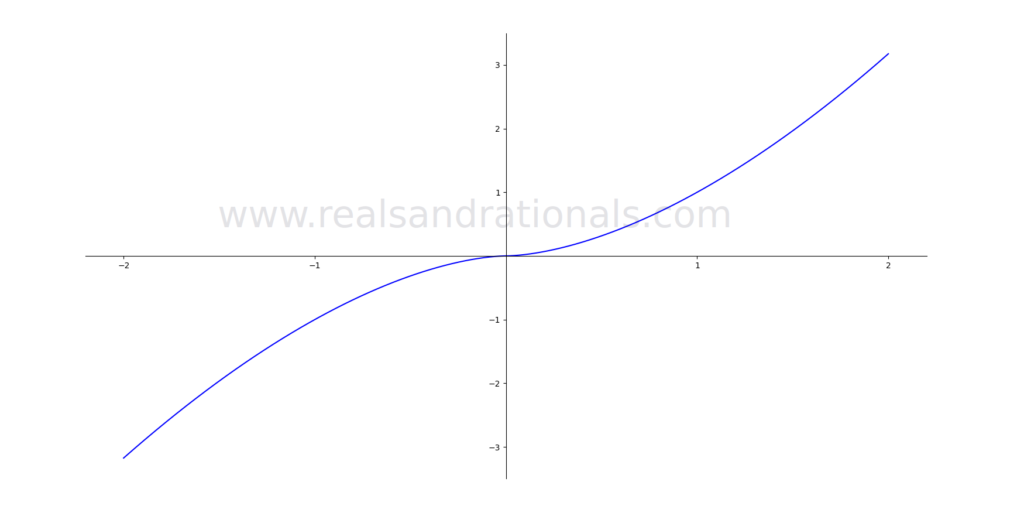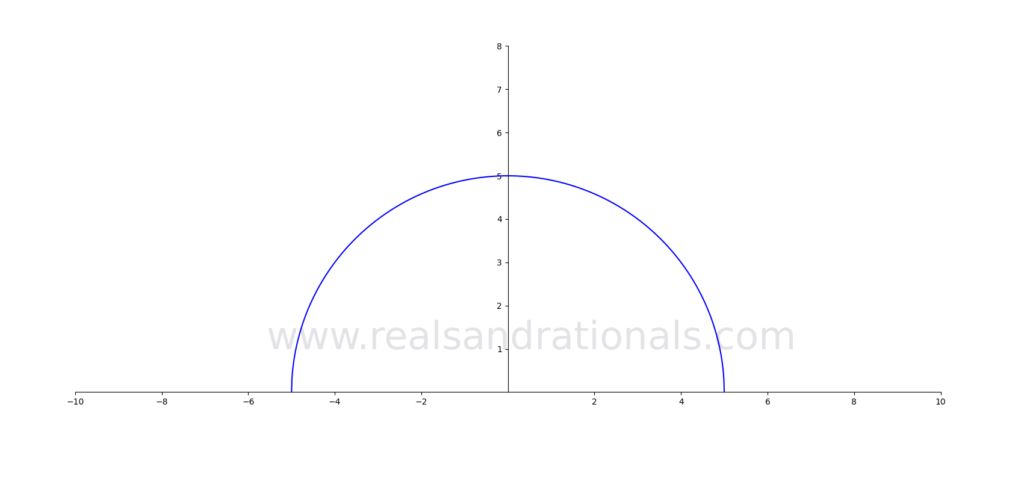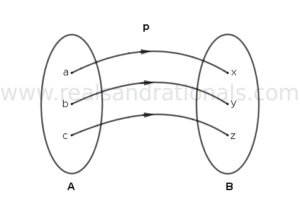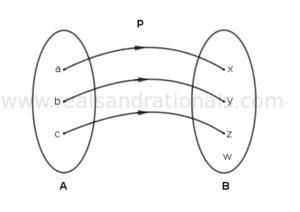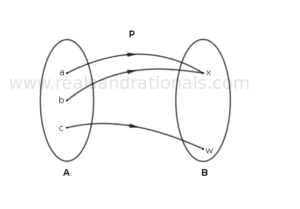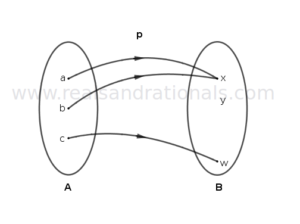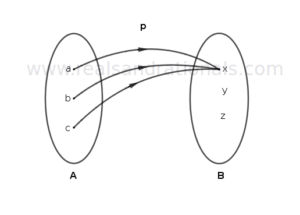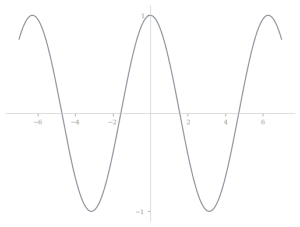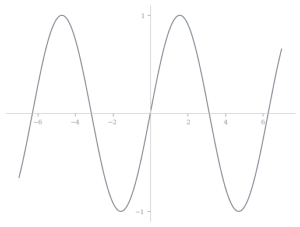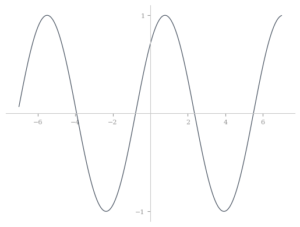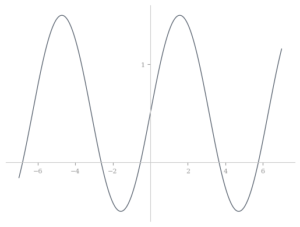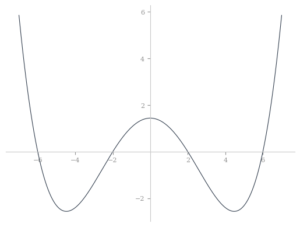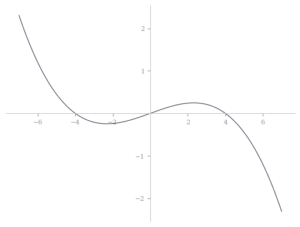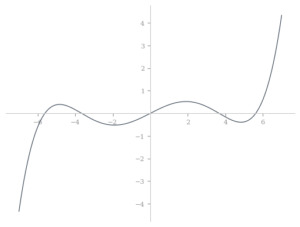Inverse
Motivation
Exercises
Problem set
- A function that takes number of apples as input and gives cost as output is given by
. Give the expression for the related function that gives the number of apples that can be purchased as output taking the number of dollars as input.
- John’s balance in his bank account as a function of number of years elapsed since 2018 is given by
. Give the expression of a function that gives number of years required for a certain target bank balance.
- A truck leaves from New York City to Los Angeles. The amount of gas (in gallons) left in the tank of the truck as a function of number of miles driven is given by
. Since the truck does not have a trip meter, and the driver wants to estimate the miles driven based on the amount of gas left in the tank. Give an equation for a function that helps the driver estimate the miles driven based on the amount of gas left in the tank.
- The height of a ball from the ground as a function of time is given by
. Give the expression for the function that gives time elapsed when the ball is at a certain height.
- A radio active substance has a mass of
g as measured at 8:00AM on July 1st, 2020. The mass of the substance as a function of number of hours that elapsed since the initial measurement is modeled by the function
. Give the function that models the number of hours elapsed when the mass of the substance is known.
- The population of a town as a function of number of years that elapsed since 2010 is modelled by the function
. Give the function that models the year given a certain population for the town.
Equations
Exercises
Problem set
Find the inverses for each of the following functions.
Problem set
Find the inverses for each of the following functions.
Problem set
Find the inverses for each of the following functions.
Problem set
Find the inverses for each of the following functions.
Problem set
Notation for certain well-known sets is used as follows.
– Set of Natural numbers
– Set of Rational numbers
– Set of Integers
– Set of Whole numbers
– Set of Real numbers
Which of the following functions have inverses?
with
with
with
with
with
Problem set
In this problem set, we follow the same notations as in the previous problem set.
- Function
is defined as:
with
. Does
have an inverse?
- Function
is defined as:
with
. Does
have an inverse?
- Let
. I have a relation
from set
to set
given by
. Is
a function? If so, does
have an inverse?
Problem set
Which of the following functions have inverses? Assume the domain is unless stated otherwise.
.
denotes the set of positive real numbers.
Graphing
Exercises
Problem set
In each of the following, the graph of a function is shown. For each one, graph the inverse.
Problem set
Which of the following functions have inverses?
Set pairing diagrams
Exercises
Problem set
For each of the following problems, answer if the function shown has an inverse. If inverse exists, represent the inverse in a function diagram.
Even functions, odd functions
Exercises
Problem set
- Is this function even, odd or neither:
- Evaluate:
for
. Using the values as a guide, plot
on the coordinate plane for
. From the graph, does
appear to be an odd function or even function?
- Evaluate:
for
. Using the values as a guide, plot
on the coordinate plane for
. From the graph, does
appear to be an odd function or even function?
Problem set
Identify if each of the following functions graphed below is even, odd or neither.
Problem set
A function is called even if
for all
.
A function is called odd if
for all
.
Use the above definitions to determine if the following functions are even, odd or neither.
Problem set
Use the definitions in the previous problem set to determine if the following functions are even, odd or neither.
Problem set
Determine if the following functions are even, odd or neither.
Problem set
Determine if the following functions are even, odd or neither.
Compositions
Exercises
Problem set
- A marathoner consumes a tenth of a gallon of water for every mile that he runs. The cost of a gallon of water is half-a-dollar.
- Give a function
that models the gallons consumed by a marathoner that runs
miles.
- Give a function
that models the cost incurred as
gallons of water are consumed.
- Give the function composition
that estimates the cost of water for a marathoner that runs
miles.
- Give a function
- Prof.Benedetto starts an experiment in his lab with
bacteria. The bacteria is expected to double in population every
weeks. A lab dish in the lab can accommodate
bacteria.
- Give a function
that models the population of the bacteria after
weeks have elapsed.
- Give a function
that models the number of lab dishes that are required to house
bacteria.
- Give the function composition
that estimates the number of lab dishes that are required to house the bacteria in Prof.Benedetto’s experiment after
weeks.
- Give a function
Problem set
In each of the following cases, claim if is defined. If
is defined, identify its domain and codomain.
Problem set
- If
and
are two functions with domains
and
respectively. And,
and
. Find the values of the following if they are defined:
- If
and
are two functions such that
and
, find the values of the following if they are defined:
Problem set
Find expressions for and
for each of the following.
Problem set
Find expressions for for each of the following.
Problem set
For each of the following, identify two composing functions that make up given function.
Problem set
For each of the following, identify two composing functions that make up given function.
Problem set
For each of the following, identify three composing functions that make up given function.
Recursive functions
Exercises
Problem set
In each of the following scenarios, give a recursive expression for the function.
- Anna-marie had opened a bank account with a balance of
. From then on, she deposited
every month into her account. The function
models her account balance at the end of month
.
- Big hearts child care center charges
for registration. The monthly cost for the care of a single child at the center is
. The function
models the total cost incurred by a family after having their child in the center for
months.
- Dr.Moriarty is doing an experiment with bacteria in his lab. He started with a bacteria population of
. He observes that the bacteria population is doubling every minute.The function
models the population after
minutes have elapsed.
- The first time census was taken for an island in Estonia, its population was
. Every year since, the population has been multiplying by a factor
. The function
models the population of the town after
years.
- The first time census was taken for a town in Madagascar, its population was
. Every year since, the population has been increasing by
. The function
models the population of the town after
years.
Problem set
In each of the following scenarios, give a recursive expression for the function.
- Anna-marie had opened a bank account with a balance of
. From then on, she deposited
every two months into her account. The function
models her account balance at the end of month
.
- Mr.Magruder is doing an experiment with bacteria in his lab. He started with a bacteria population of
. He observes that the bacteria population is doubling every three minutes.The function
models the population after
minutes have elapsed.
- The first time census was taken for a town in Sri Lanka, its population was
. The census was taken of the town once every three years since then. It was observed that the population increased by
each time. The function
models the population of the town after
years.
Problem set
Explain what happens in each of the following function models expressed recursively.
Problem set
Explain what happens in each of the following function models expressed recursively.
Problem set
Give the explicit expressions for each of the following functions expressed recursively.
Problem set
Give the explicit expressions for each of the following functions expressed recursively.
Problem set
Give the recursive expressions for each of the following functions expressed explicitly.
Problem set
Give the recursive expressions for each of the following functions expressed explicitly.
